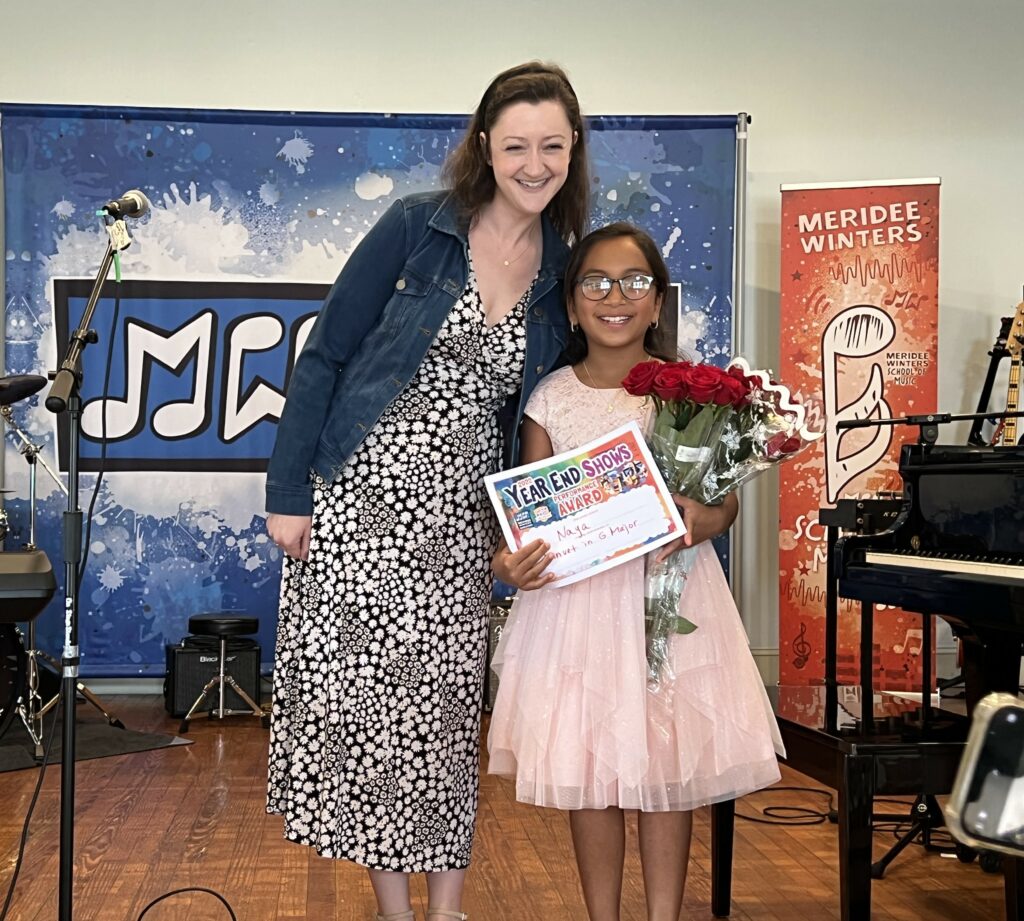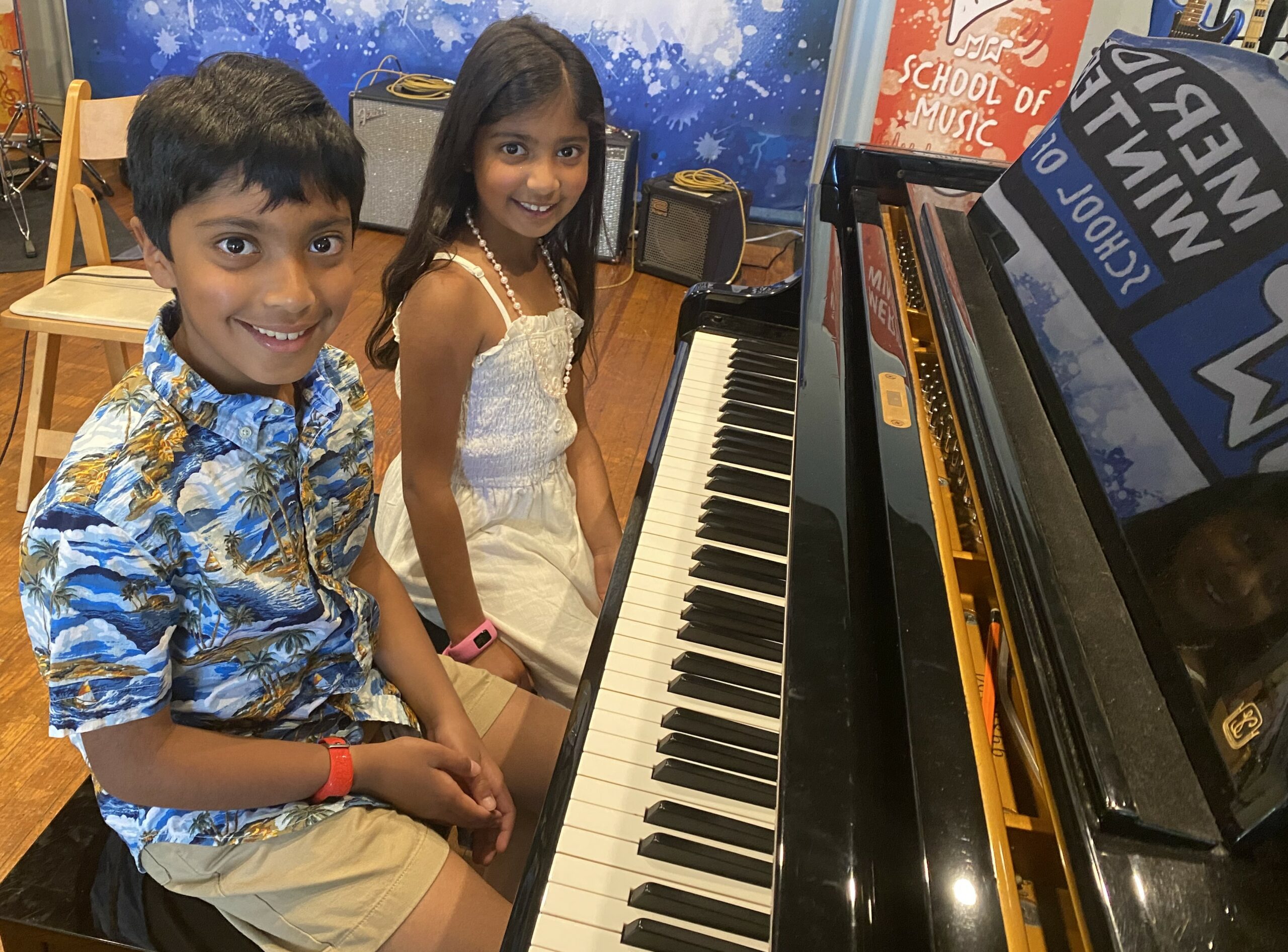Your kids are engaged, and we couldn’t be more thrilled. Not engaged to be MARRIED, of course, but engaged in creative opportunities and educational activities.
Daniel Coyle, author of “The Talent Code” and a favorite blogger, says that “engagement is perhaps the most important, yet least-understood element of the talent-development process.”
Here’s an excerpt from his blog post on Engagement:
“Do the Academy Awards give an Oscar for Most Inspiring 40-Second Video? Because I’d like to nominate the video from coach Trevor Ragan of Championship Basketball School, “Super-Psyched Little Dude.” [Editor’s note: The video that is linked here and Coyle describes features an elementary-school aged boy running basketball drills but celebrating every basket made by himself or his teammates like they just won the Super Bowl.]
Coyle goes on, “This kid is not merely excited. He is super duper excited, in a way that is both focused and contagious. A psychologist would say that he is deeply engaged. As Trevor writes, this engagement fuels a subsequent rocket-launch of learning and improvement. As it usually does.
Engagement is perhaps the most important, yet least-understood element of the talent-development process. Where does it come from? Why does it happen in some learners and not in others? How do you sustain it?
The biggest problem, I think, lies in the way we think about engagement. Because real engagement is easily confused with its far-less-productive twin: mere fun. That confusion – which is like confusing lightning with a lightning bug – lies at the core of some of our barriers to effective learning.
So the real question is: how do you spark engagement and avoid the empty calories of mere fun? Here are a few ideas:
- Spend time designing a game that is built around the specific skills you want to teach. Aim to place learners in their sweet spot: tasks that are not too difficult, and not too easy.
- Talk less. Real engagement doesn’t happen when a teacher or coach is talking (a recent MIT study showed that student physiological arousal essentially flatlines during lectures). Engagement doesn’t come from words, but from actions and involvement.
- Keep it social. Engagement operates like a virus. As the video shows, small groups are a good way to increase the odds of those viruses being transmitted.”
At the Meridee Winters School of Music, we aim to engage our music students in several ways:
- Allow for Competition: While it often gets a bad rap (we’ve all seen a game of Monopoly turn ugly at some point in our lives), there are positive, productive ways to compete as well. These competitions can even activate our brain and motiva
 te progress. Contests and lessons with challenges that track your progress week after week can engage us to continue to learn.
te progress. Contests and lessons with challenges that track your progress week after week can engage us to continue to learn.
- Performance: With more than three shows each year, there are many ways for students to engage in a creative outlet and keep their focus on progress.
- Play!: As Daniel Coyle explained, games that are designed around specific skills are a great tool for engagement. The music method this school uses comes with over 200+ games and challenges to build skills, track improvement and bring joy to your engagement.
While this type of engagement might not be followed by wedding bells, it is followed by clear results, positive experiences, and a lifelong skill. Congratulations to all the students out there on whatever you’ve achieved, and what lies ahead. (And no one’s saying you can’t still have cake!)


